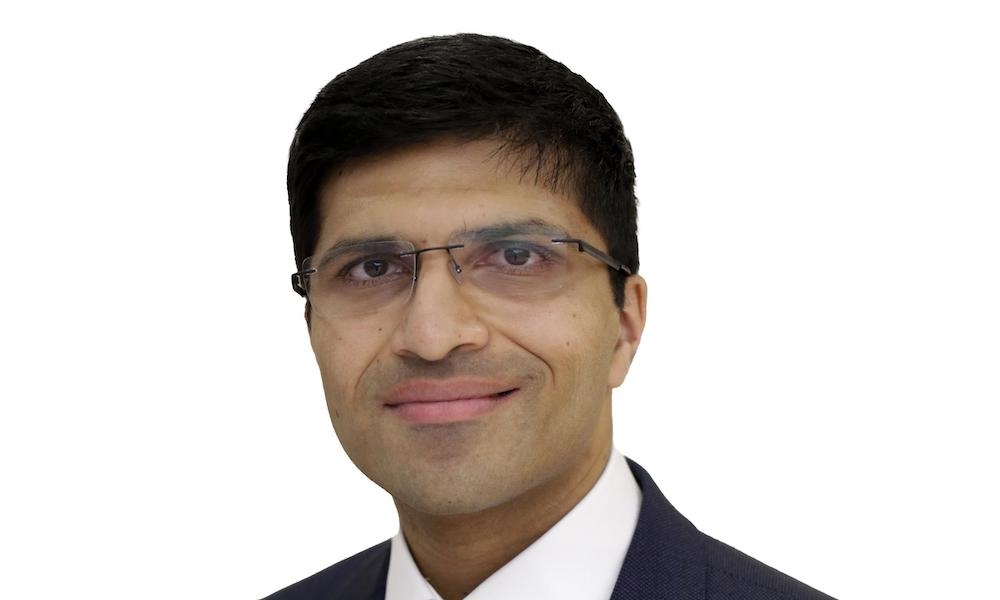Treasury Committee MPs have questioned FCA CEO Nikhil Rathi over the regulator’s bonus scheme, fee rises and backlogs in firm authorisations.
Mr Rathi was questioned by The Treasury Committee yesterday.
Committee chair Mel Stride MP raised concerns around the FCA’s November fee proposals which contain a significant uplift for firms’ minimum fees.
He asked Mr Rathi whether the rise in fees could significantly affect smaller firms, “given they have got a lot of burdens from a lot of directions, let alone fees”.
Mr Rathi argued that the fee increase was necessary for the FCA to effectively carry out its supervision, saying that “holistic data-led supervision realistically needs to be funded.”
The FCA has previously said it calculated the fee uplift by factoring in the costs of regulatory reporting and unrecovered authorisation costs, along with costs incurred for its regular policing of regulated activities without authorisation.
Mr Stride also called the regulator’s employee bonus scheme into question, asking if it was fair to say nearly all employee receive bonuses regardless of performance.
Mr Rathi defended the £23m of bonuses paid in March saying they were due to the, “exceptional circumstances of the pandemic and the exceptional contributions our colleagues have made over the year.”
He also highlighted that executive directors were not paid bonuses at that time.
Mr Rathi accepted Treasury Committee concerns about issues due to authorisations.
He was questioned by MPs over the delays faced by firms, including examples where the FCA had only begun the authorisation process 11 months after the initial application was made.
In one example given by the committee, a firm applied for three FCA licenses on 5 December 2020 but was not assigned a case officer until March 2021. Last month the regulator concluded that the three applications were linked but there was not enough time left to go through them in the 12-month authorisation process.
Mr Rathi said there was a particular challenge around the authorisation of financial technology firms.
He said that while there were many innovative and competitive firms that the regulator wanted to support, others were providing a challenge to the regulator.
He particularly highlighted the issues posed by cryptocurrency exchanges.
He said: “If I look at the work we're doing with crypto exchanges, where they come to us for money laundering registration - the reality is that nearly 90% of those have either withdrawn or we've refused because we see a serious link to money laundering and serious organised crime being propagated through crypto exchanges.”
He said that the regulator has had to take a “demanding stance” with cryptocurrency and e-money firms in order to protect vulnerable customers, giving London Capital & Finance as an example of how even a relatively small firm can do considerable harm.
He said: “There is always the balance we're trying to strike and we hope that we can make it proportionate.”
Mr Rathi also said that the FCA was finding recruitment difficult due to competing in the job market against technology companies.

